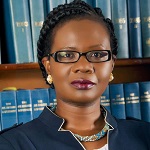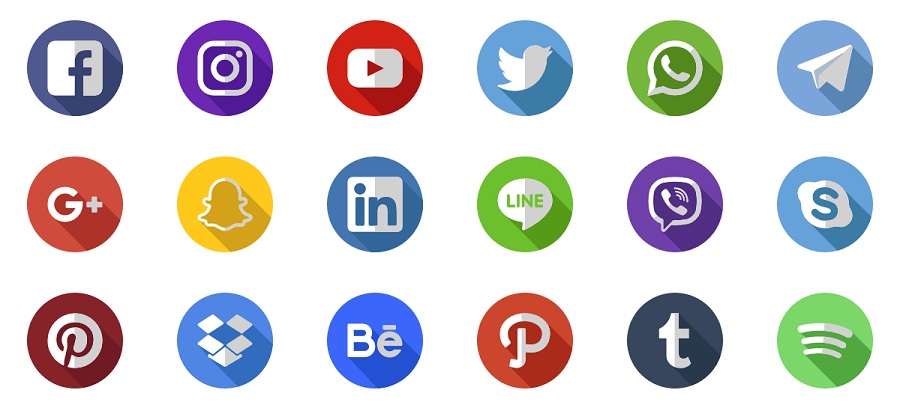I was recently asked to give remarks at a Media Institute of Southern Africa event on the need to protect the social media space from political interference. I began to think about why the media, particularly social media, is so important and what its impact has been on the world. The media is called the Fourth Estate because it provides checks and balances on government. Traditionally those checks and balances are provided through spoken or written word. It was the writer Edward Bulwer-Lytton who coined the phrase “the pen is mightier than the sword” or, as Mark Twain put it, “never fight with people who buy ink by the barrel”.
The modern-day advent of the internet and the smart phone has made social media a phenomenon. We only have to think of how social media initiated the Arab Spring, mainstreamed the #BlackLivesMatter movement, or even much closer to home, ended #Lintonlies to see just how powerful it can be.
Now anyone with an internet connection has the power to send information all across the world at the touch of a button. In an article entitled ‘Something Extraordinary is Happening in the World, and Most People Haven’t Noticed’ Brazilian writer Gustavo Tanaka says, “The internet is an incredibly spectacular thing, and only now – after so many years – we are understanding its power. With the internet, the world is open, the barriers fall, the separation ends, the togetherness starts, the collaboration explodes, the help emerges”. It is that powerful.
With power comes responsibility. I recently watched a video about poet and writer Maya Angelou in which she begins the story of her life by quoting the book of Genesis Chapter One which begins, “In the beginning was the Word and the Word was with God and the Word was God”. Angelou believed that words were so powerful that they were things, actually tangible. She warned us to be careful with how we use words. Social media users have the power to launch a missile that can have the cataclysmic effect of forever destroying lives without recourse. Whilst many good things have come from social media, it can also be a place where hateful, bigoted, deceitful and ignorant people hide behind anonymity; a place of ugliness. In Zambia, nowhere was that more apparent than when that ugliness reared its head in the run up to the August 2016 general elections making it impossible to discern fact from fiction and truth from deceit. It sowed seeds of division and “otherness” that threatened the “One Zambia, One Nation” narrative. It threatened us Zambians as a people. Despite that, I do not believe that social media freedoms should be clamped down on. The benefits of social media far outweigh its deficiencies. It gives us beauty for ashes.
Social media allows for the easy dissemination of information. I have said in other fora that, in a democracy, the market place of ideas should be allowed to flourish as ideas create different options and it is only when you have a wide choice of options that you have the best possible solutions to any challenge. We have many challenges on our continent and in our country: poverty, disease, illiteracy and unemployment being at the top of the list. We cannot afford to allow the space for the creation and dissemination of ideas to shrink in the face of such massive challenges. I am encouraged by recent proposals by government to again put an enhanced Bill of Rights before the people of Zambia at a national referendum. I hope and pray that the proposed Bill of Rights will be the same as the one proposed in the 2016 referendum. That Bill of Rights contains the right to freedom of information, freedom of the media, freedom of association and the right to protection against arbitrary detention amongst others. Guaranteeing these rights will ensure that the voice of the people is heard, that ideas are shared and that therefore democracy thrives.
There is a well-known Bemba saying; “umwana ashenda atasha nyina uku naya”. Loosely translated it means, “a child who never leaves home thinks his mother’s cooking is the best”. The comedian Trevor Noah put it another way, “We tell people to follow their dreams, but you can only dream what you can imagine…”. Your imagination is only limited to what you are exposed to. Imagination is the key to creativity and innovation. By restricting the voice of the people, whether on social media or by any other means, we risk denying our people the freedom to dare to dream of, and thereby realise, a better future for us all.
This article represents the author's own personal views.
The header cartoon of an internet troll is from The Stack


Report